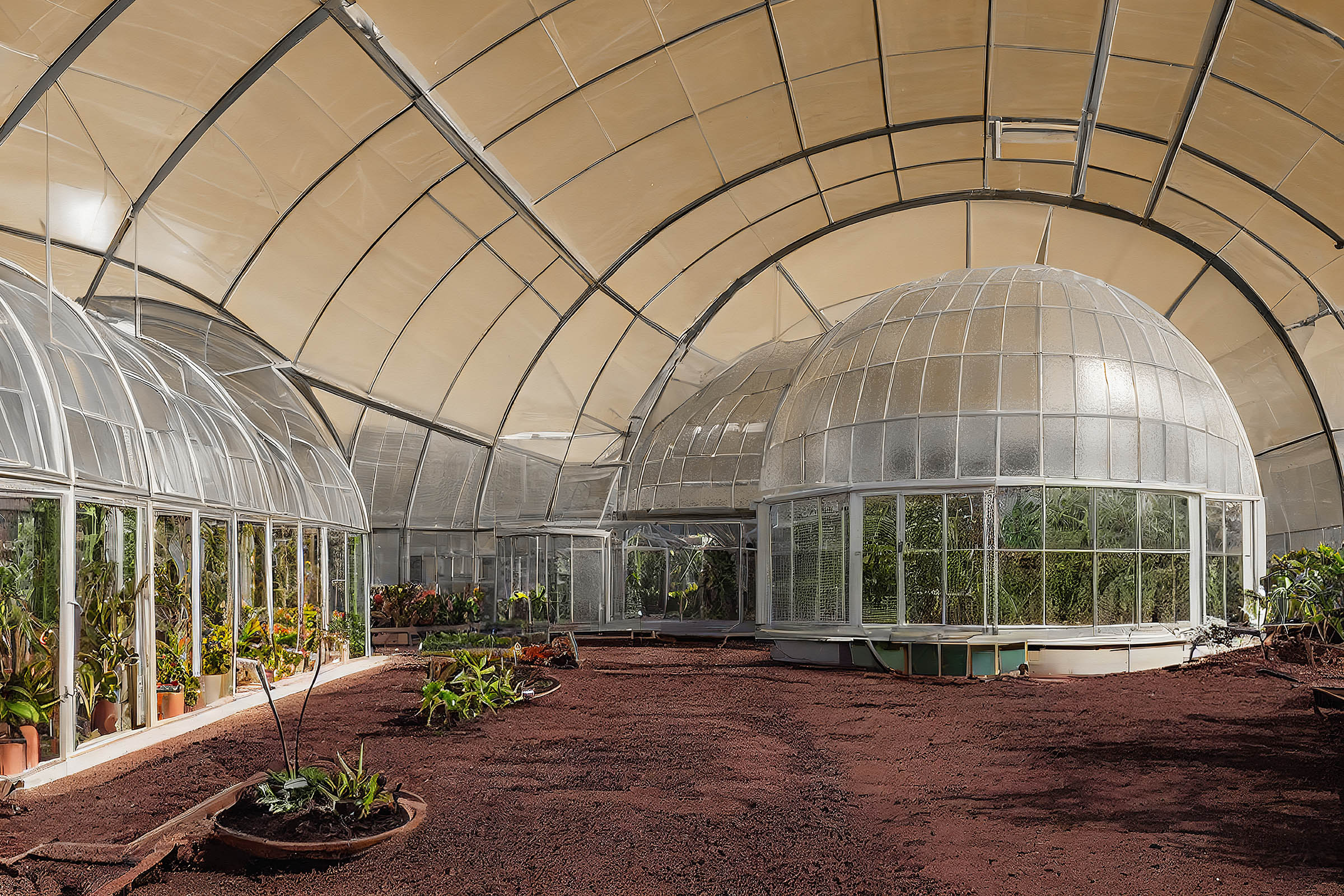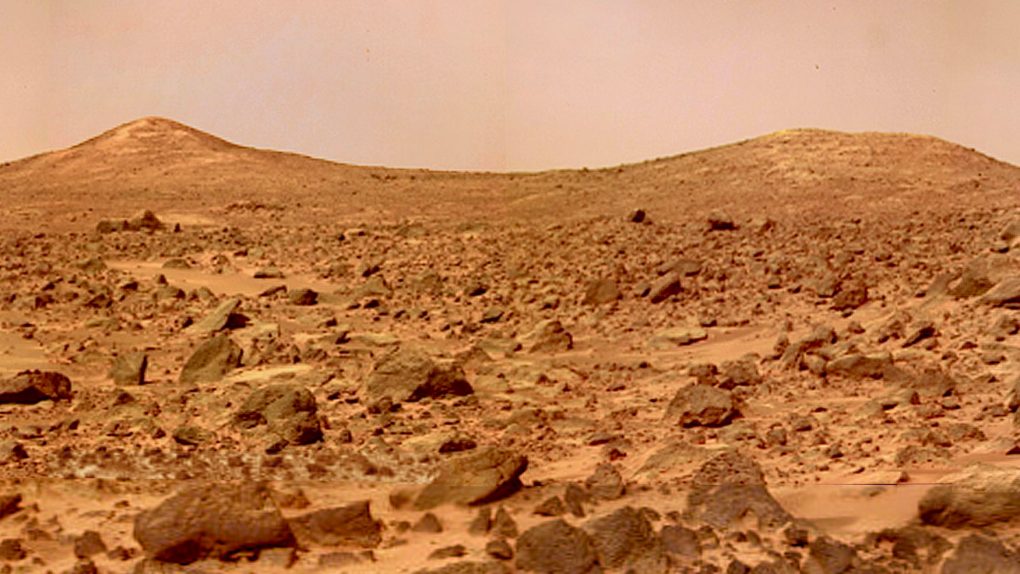A new study examines the threat bacteria could pose to human space colonization. According to the findings, which were published in Astrobiology, Earthly bacteria can very well adapt to new locations better than humans can.
This concern is highlighted by plans for future manned missions to Mars, and even data from the International Space Station has helped showcase just how adaptable bacteria can be to the realm beyond our own atmosphere.
Despite all of the safety standards in place, there’s just no stopping bacteria from hitchhiking to Mars, or even other planets beyond Mars, with us. As such, we need to understand just how those bacteria might adapt to life on other planets and whether or not that could pose a risk to human space colonization in any way.

Of course, not all bacteria are bad. We depend on some bacteria in our gut to take care of vital parts of our bodies. However, some of the bacteria that astronauts would definitely want to avoid are those that cause things like sepsis or dysentery.
To study just how big a risk bacteria plays to the future of human space colonization, the researchers placed four examples of bacteria in media with soil chemistry, UV radiation exposure, and air similar to what our rovers have encountered on Mars.
The bacteria they used included Burkholderia cepacia, Klebsiella pneumoniae, Pseudomonas aeruginosa, and Serratia marcescens. They found that the responses of the bacteria varied when placed in the Martian conditions. Some couldn’t grow unless they were fed glucose, while others didn’t have any issues.
Despite them all surviving in varying states, all four managed to survive, which means they could pose a threat to human space colonization if they were to hitch a ride to Mars. These findings aren’t exactly surprising. But, they do highlight the importance of knowing just what we’re bringing with us when we travel to other planets.








